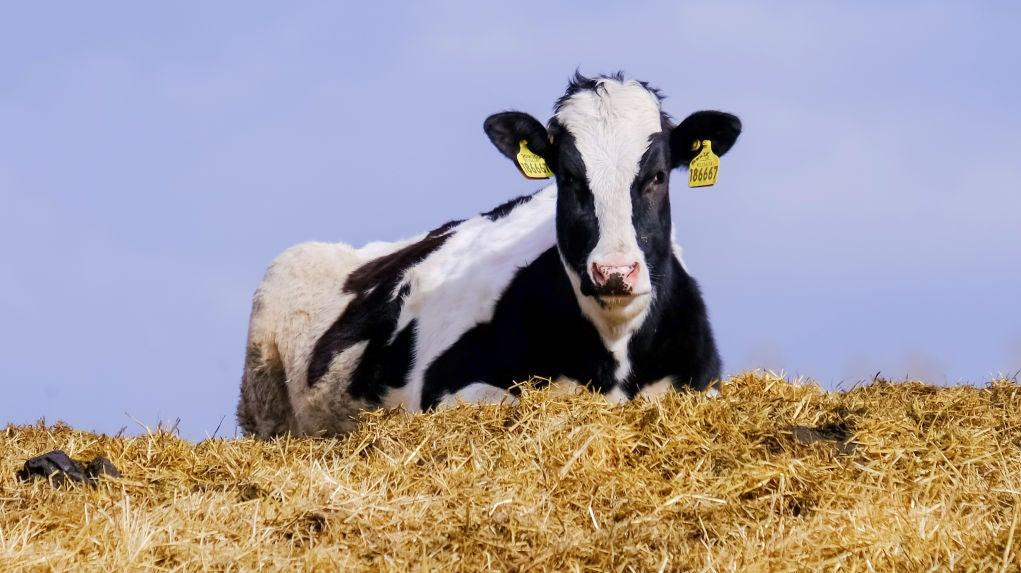Could This Be The First Plant-Based "Milk" That Tastes Like Actual Milk?
Its dairy-like properties come from some very surprising ingredients.
There's an abundance of non-dairy "milk" out there: oat milk, soy milk, almond milk, cashew milk, pea milk (aka Ripple). But while some of these can, in certain situations, mimic cow milk, they are all very obviously substitutes for the real thing.
But now the execs at the Chilean company NotCo think they've hit on a substance that will be to cow's milk what Impossible and Beyond have been to cow's meat. They call it (not surprisingly) NotMilk. When the CEO, Matias Muchnick, tasted it for the first time, he told The Washington Post, he exclaimed, "This is freaking milk! What is it?"
Two of the dozen secret ingredients of NotMilk are—wait for it—pineapple and cabbage. (An early prototype used algae, but it made the milk turn blue.) The others include chicory root fiber, coconut oil, and pea protein. They were assembled by an "AI chef" called Giuseppe.
NotMilk froths like real milk. It's a good medium for dipping cookies, like real milk. You can use it in sauces like real milk. One vegan told the Post that it tastes just like she remembers milk tasting.
Post staffers, who had tasted cow's milk more recently, weren't quite as enthusiastic:
Compared to dairy, the NotMilk was slightly beiger in hue and sweeter on both the nose and the mouth, with faint notes of coconut and pineapple. One taster said the flavor reminded her of cow's milk stirred with Froot Loops, though much less sweet. Texture-wise, it felt like dairy.
NotMilk did, however, have an unfortunate tendency to separate in coffee and didn't froth into a smooth foam the way dairy milk does. Altogether, though, the four Post testers concluded that it tasted more like milk than any of the other plant-based milks they'd tried.
NotMilk is currently available at Whole Foods in the U.S. (Jeff Bezos is an investor) and in several countries in South America, including Chile, where it's facing a lawsuit from a dairy farmers union that claims the packaging, which shows the outline of a cow with a line drawn through it, vilifies cow milk. Muchnick expects something similar in the U.S. soon, but he's not discouraged.
Plant-based milk faces the same ethical questions as other plant-based foods: is it really healthier and better for the environment? But naturally the NotCo execs believe that their product has the power to change the world.
